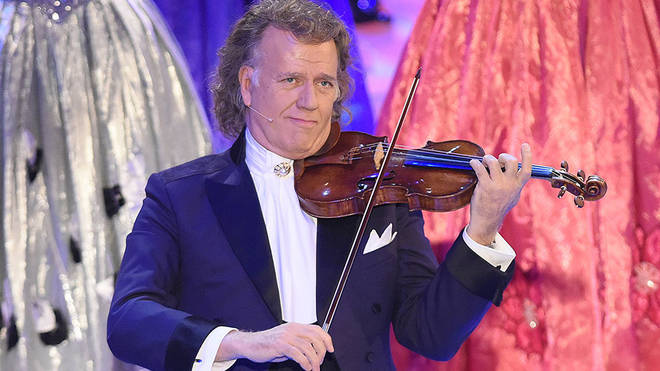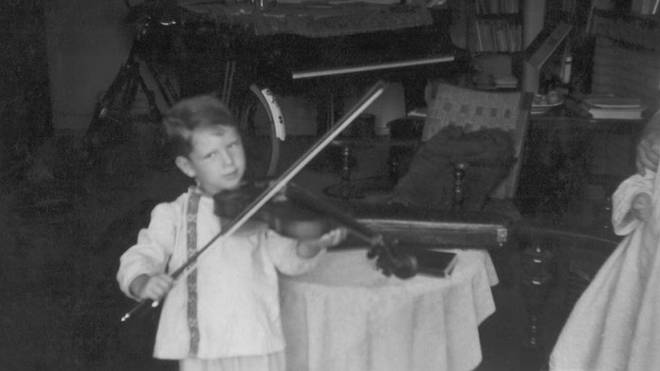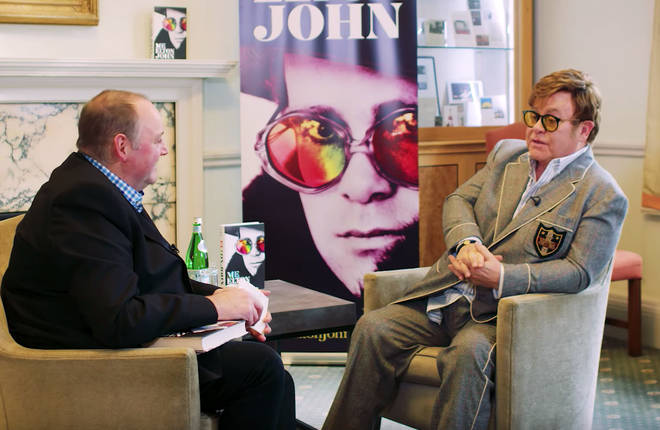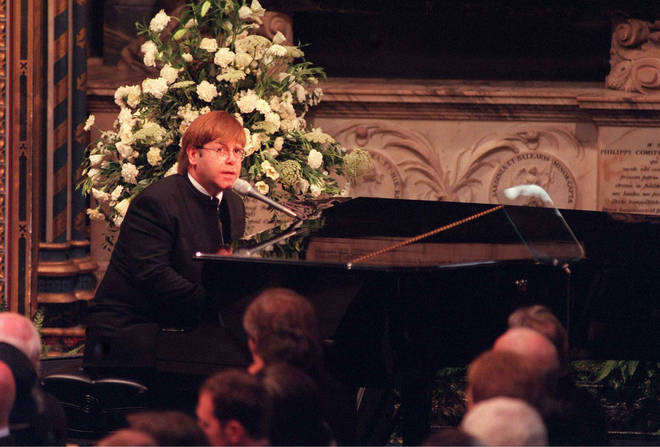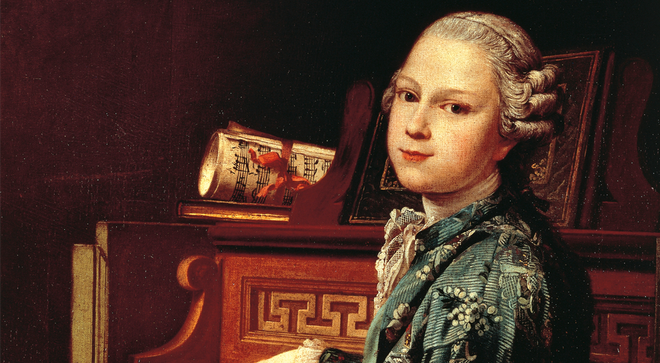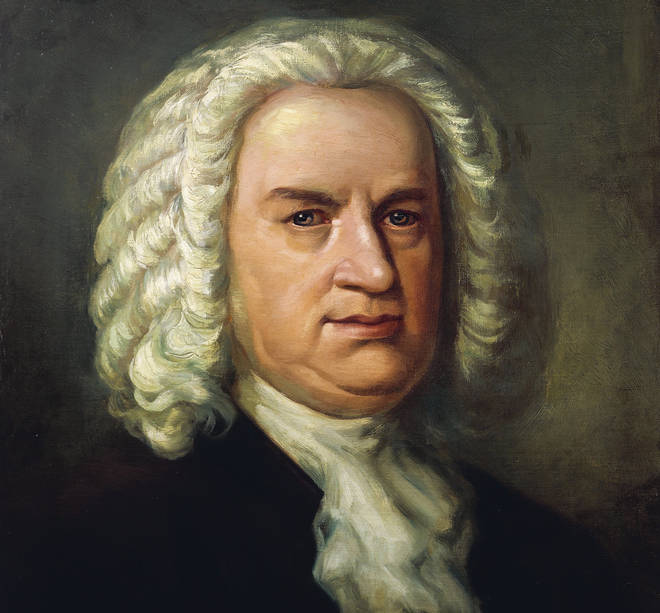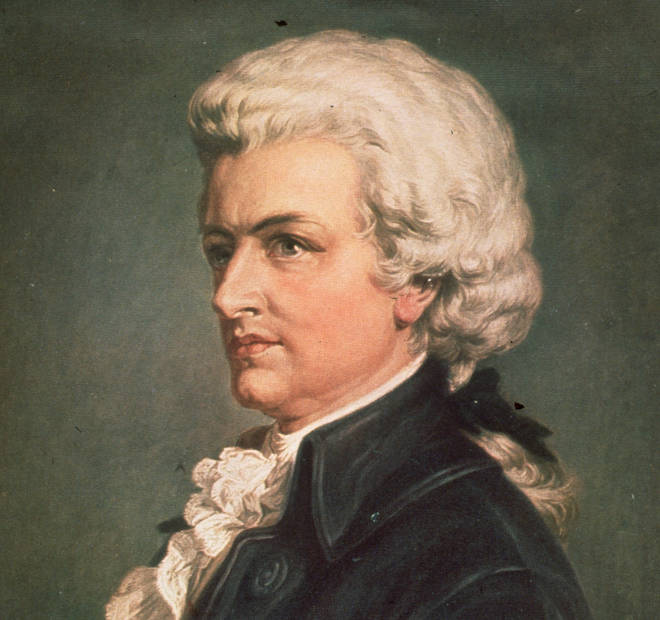... by artificial intelligence
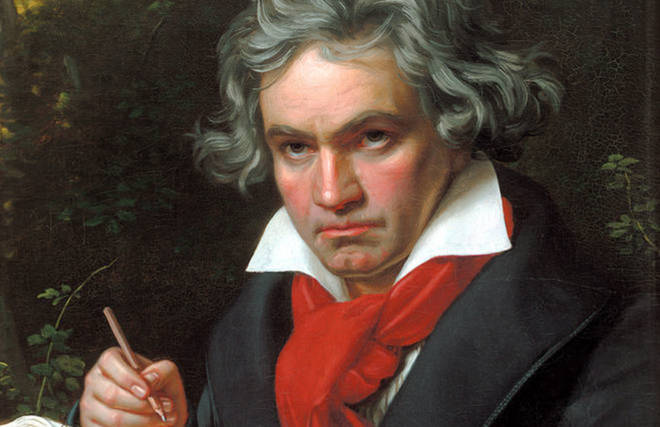
Beethoven’s unfinished symphony is set to be completed by artificial intelligence, in the run-up to celebrations around the 250th anniversary of the composer’s birth.
A computer is set to complete ’s unfinished tenth symphony, in the most ambitious project of its kind.
Artificial intelligence has to complete ’s ‘Unfinished’ Symphony No. 8, as well as to attempt to of revered 20th-century pianist, Glenn Gould.
Beethoven famously wrote nine symphonies (you can about the Curse of the Ninth). But alongside his Symphony No. 9, which contains the ‘Ode to Joy’, there is evidence that he began writing a tenth.
Unfortunately, when the German composer died in 1827, he left only drafts and notes of the composition.
But can a computer really replicate Beethoven’s genius?
A team of musicologists and programmers have been training the artificial intelligence, by playing snippets of Beethoven’s unfinished Symphony No. 10, as well as sections from other works like his ‘Eroica’ Symphony. The AI is then left to improvise the rest.
Matthias Roeder, project leader and director of the Herbert von Karajan institute, told Frankfurter Allgemeine Sonntagszeitung: “No machine has been able to do this for so long. This is unique.”
“The quality of genius cannot be fully replicated, still less if you’re dealing with Beethoven’s late period,” said Christine Siegert, head of the Beethoven Archive in Bonn and one of those managing the project.
“I think the project’s goal should be to integrate Beethoven’s existing musical fragments into a coherent musical flow,” she told the German broadcaster Deutshe Welle. “That’s difficult enough, and if this project can manage that, it will be an incredible accomplishment.”
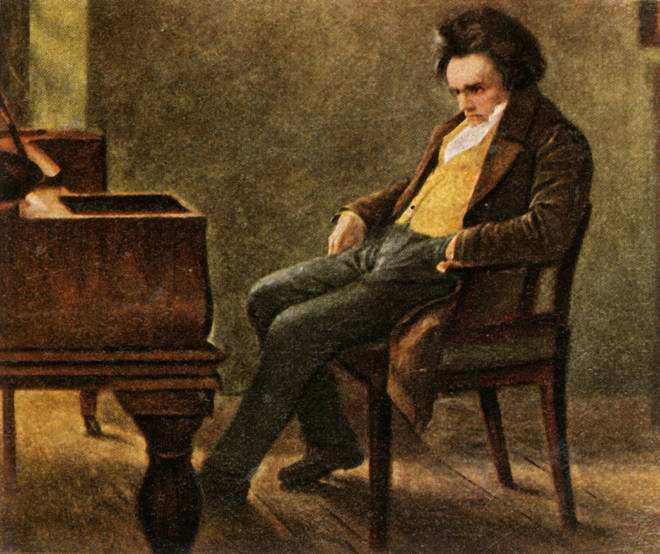
What will the symphony sound like?
It remains to be seen – and heard – whether the new completed composition will sound anything like Beethoven’s own compositions. But Mr Roeder has said the algorithm is making positive progress.
“The algorithm is unpredictable, it surprises us every day. It is like a small child who is exploring the world of Beethoven.
“But it keeps going and, at some point, the system really surprises you. And that happened the first time a few weeks ago. We’re pleased that it’s making such big strides.”
There will also, reliable sources have confirmed, be some human involvement in the project. Although the computer will write the music, a living composer will orchestrate it for playing.
The results of the experiment will be premiered by a full symphony orchestra, in a public performance in Bonn – Beethoven’s birthplace in Germany – on 28 April 2020.




